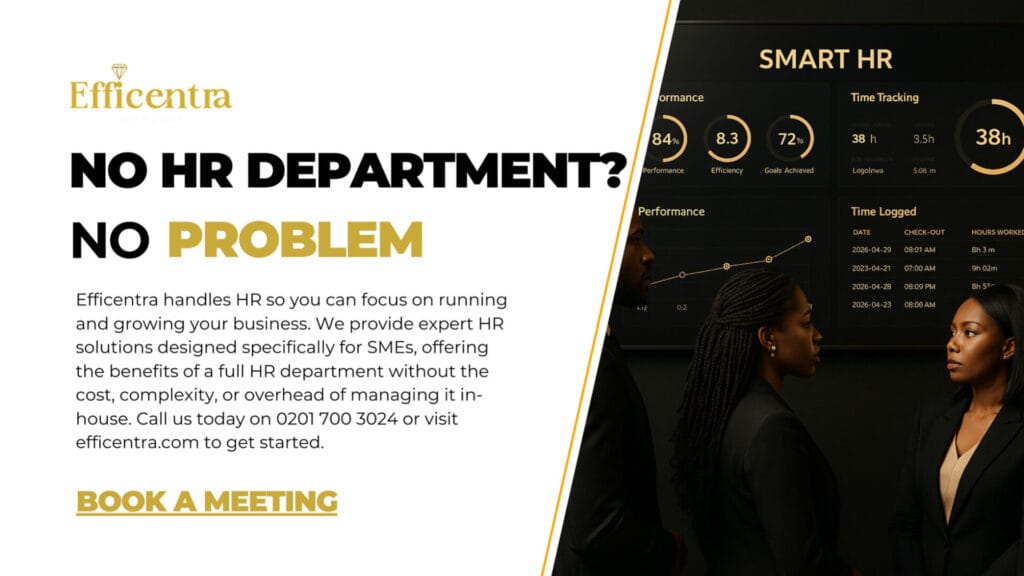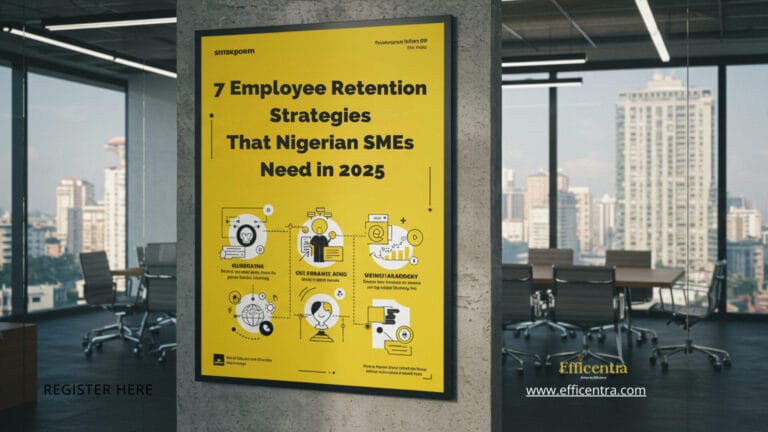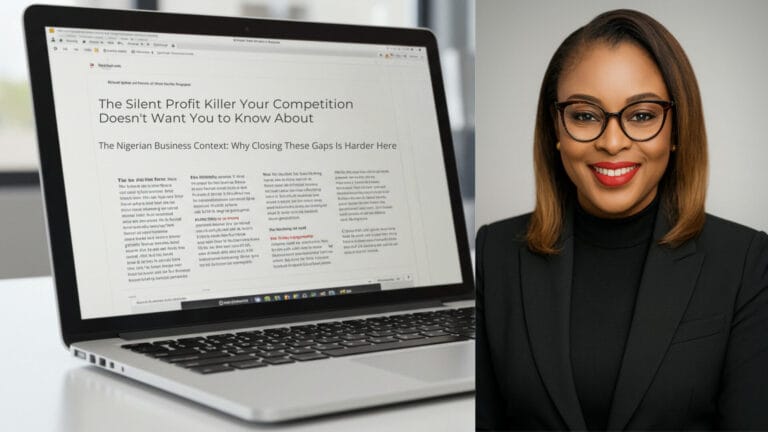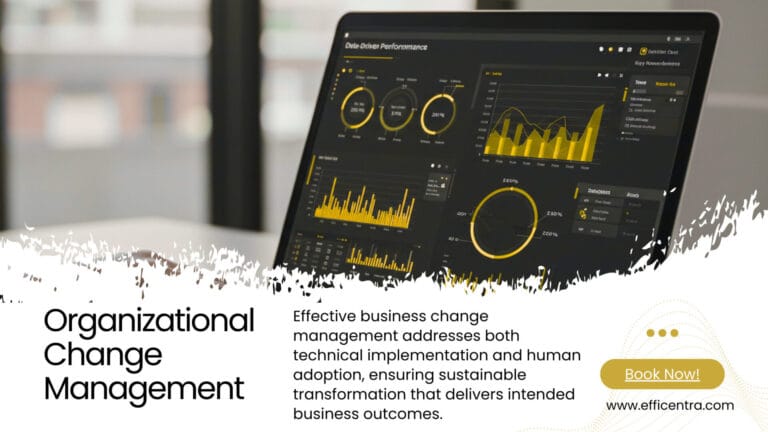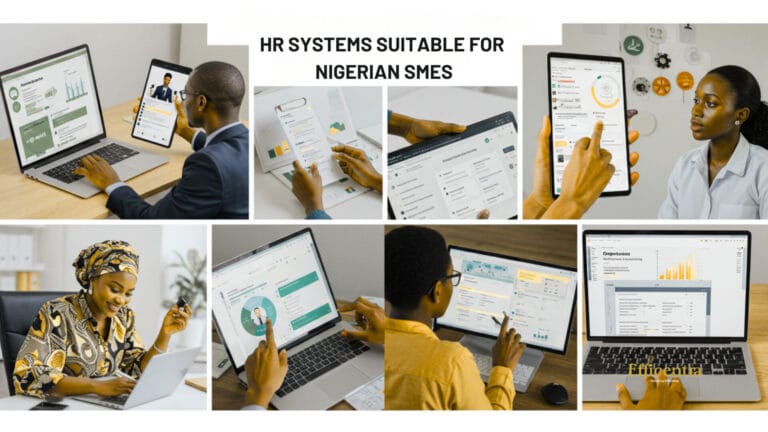Nigerian SME Recruitment: 9 Proven Steps to Attract, Hire, and Retain Top Talent
A Strategic Guide for Nigerian SMEs Building High-Performance Teams
Nigeria’s SME sector contributes 48% to GDP, yet 65% of employers struggle to find qualified talent. This paradox reveals a critical gap: most Nigerian SMEs lack strategic recruitment frameworks that attract, assess, and retain top performers in our unique market environment.
The Nigerian SME Recruitment Guide offers a reliable strategy for sourcing, evaluating, and retaining exceptional talent. This resource empowers business leaders to create high-performing teams while minimizing recruitment expenses.
Understanding Nigeria’s Talent Landscape
Nigeria’s workforce presents unique opportunities and challenges. With over 2.3 million graduates entering the market annually, talent abundance coexists with skills scarcity. The key lies in strategic positioning and process optimization. A forward-thinking Nigerian SME recruitment strategy must address both talent abundance and skills scarcity to secure the best candidates.
Market Realities:
- Lagos concentrates 35% of GDP but only 6% of population, creating intense talent competition
- Gen Z professionals prioritize career development and work-life balance over traditional loyalty
- Infrastructure challenges require candidates with adaptability and resilience
SME Advantages: Nigerian SMEs possess distinct competitive advantages: faster decision-making, accelerated career progression, closer working relationships, and innovation freedom. Leveraging these advantages requires strategic communication in your recruitment approach.
Strategic Job Posting Framework
The IMPACT Formula
Transform job postings from requirement lists into opportunity presentations: The IMPACT formula is central to Nigerian SME recruitment success, ensuring job postings resonate with the right candidate personas
- Identify business impact of the role.
- Map competencies to growth opportunities
Position your unique value proposition. - Articulate clear progression pathways.
- Create appropriate urgency
- Target specific candidate personas
Platform Selection Strategy
LinkedIn (50% budget allocation): Primary platform for executive and specialized roles above ₦2M annually. Nigerian professionals increasingly view LinkedIn as the premier career platform.
JobberMan (25% budget allocation): Nigeria’s leading indigenous platform offers superior local penetration and cost-effectiveness for mid-level positions.
Indeed (20% budget allocation): Caters to Nigeria’s thriving job market and targets professionals
Industry-Specific Platforms (5% budget allocation): Corporate sites like Efficentra Careers, and professional association boards for targeted reach.
Compensation Transparency
Implement salary band communication: “₦2.5M – ₦3.8M annually, based on experience and impact potential.” Include total compensation value through health insurance, professional development budgets, and flexible arrangements.
The 3-Pipeline Sourcing Strategy
Active Pipeline (0-30 days): Target candidates actively job searching through premium placements and LinkedIn outreach.
Warm Pipeline (3-6 months): Engage passive candidates through thought leadership, industry events, and professional networking.
Cold Pipeline (6-12 months): Cultivate relationships with high-potential professionals through strategic talent mapping.
Nigerian-Specific Sourcing Channels
University Partnerships: Establish relationships with University of Lagos, Ahmadu Bello University, University of Nigeria Nsukka, and Covenant University.
Professional Networks: Leverage Nigerian Institute of Management (NIM), Chartered Institute of Personnel Management (CIPM), and industry-specific associations.
Referral Programs: Implement structured employee referrals with ₦150,000-₦500,000 incentives for successful placements.
Nigerian Interview Excellence Framework
Cultural Intelligence Assessment
Nigerian interview success requires understanding cultural nuances:
Respect for Hierarchy: Probe beyond apparent deference to assess genuine initiative and leadership potential.
Collective Achievement Orientation: Frame questions to understand both individual contributions and collaborative capabilities.
Long-term Relationship Focus: Assess commitment to organizational growth beyond immediate role requirements.
4-Stage Interview Process
Stage 1: Cultural Fit Assessment (30 minutes)
- Company culture alignment evaluation
- Career aspiration mapping
- Value system compatibility analysis
Stage 2: Technical Competency Evaluation (45 minutes)
- Role-specific skill demonstration
- Problem-solving methodology assessment
- Industry knowledge depth verification
Stage 3: Leadership Potential Assessment (30 minutes)
- Decision-making process analysis
- Learning agility demonstration
- Conflict resolution capability
Stage 4: Strategic Business Acumen (30 minutes)
- Market understanding verification
- Innovation capacity assessment
- Customer orientation evaluation
Strategic Interview Questions
Cultural Adaptation: “Describe working effectively across Nigeria’s diverse ethnic backgrounds. How did you ensure collaboration?”
Market Understanding: “How would you adapt our product for Nigeria’s diverse cultural and economic landscape?”
Resilience Assessment: “Share an example of delivering results despite common infrastructure challenges in Nigeria.”
Decision-Making Framework
Balanced Scorecard Evaluation
Technical Competence (40%): Role-specific skills, problem-solving capability, industry knowledge depth
Cultural Integration (30%): Value alignment, communication compatibility, team collaboration potential
Growth Potential (20%): Learning agility, leadership development capacity, innovation mindset
Market Fit (10%): Nigerian business environment understanding, customer empathy, local adaptability
Competitive Offer Construction
Salary Benchmarking: Utilize PwC Nigeria Salary Survey, Deloitte Compensation Studies, and industry association reports for market positioning.
Nigerian-Specific Benefits:
- Comprehensive health insurance including family coverage
- Transportation allowance addressing Lagos traffic challenges
- Power backup allowance for infrastructure reliability
- Professional development budget (₦200,000-₦500,000 annually)
- Flexible work arrangements
Career Development Pathway: Present specific advancement opportunities with clear timelines and competency requirements.
90-Day Onboarding Framework
Integration Strategy
Weeks 1-2: Cultural Immersion
- Company vision alignment and team relationship building
- Nigerian market context and customer understanding development
Weeks 3-8: Role Mastery
- Systematic skill development with mentor assignment
- Project-based learning with progressive responsibility increase
Weeks 9-12: Impact Generation
- Independent project ownership and performance optimization
- Long-term goal setting and career planning
Retention Implementation
Performance Management: Quarterly reviews focusing on objective achievement, professional development progress, and career alignment.
Learning Investment: Budget 3-5% of salary for conferences, certifications, cross-functional projects, and mentorship programs.
Implementation and Success Metrics
90-Day Action Plan
Days 1-30: Audit current processes, implement job posting framework, establish university partnerships, launch referral programs.
Days 31-60: Deploy interview framework, train hiring managers, implement evaluation scorecards, launch pipeline development.
Days 61-90: Optimize offer processes, deploy onboarding framework, establish metrics tracking, conduct optimization review.
Key Performance Indicators
Quality Metrics:
- Time-to-fill reduction (target: 35% improvement)
- Cost-per-hire optimization (target: 40% reduction)
- First-year retention rate (target: 85%+)
- Hiring manager satisfaction (target: 4.5/5.0)
Business Impact:
- New hire productivity acceleration
- Cultural integration scores
- Employee referral participation rates
- Career progression tracking
Strategic Advantage Through Recruitment Excellence
In Nigeria’s dynamic business environment, recruitment excellence provides fundamental competitive advantage for SMEs. Organizations mastering these principles attract superior talent while building resilient teams capable of navigating market challenges and capitalizing on tremendous opportunities.
Success requires balancing global best practices with local market intelligence, cultural sensitivity with performance standards, and immediate needs with strategic vision.
The framework presented here transforms recruitment from cost center to growth driver, enabling SMEs to compete effectively for Nigeria’s best talent while building sustainable competitive advantages.
Download Free Resource Here:
- Hiring Cost Calculator – Nigerian SME Edition
Quickly calculate your true cost-per-hire, reveal hidden expenses, and forecast ROI — all in one simple tool.
 About the Author
About the Author
Helen Solange Inengite is the Principal Consultant at Efficentra, serving as a strategic partner to Nigerian SMEs in building high-performance teams and driving sustainable growth. With over 16 years in HR and business strategy, she is also a certified happiness coach passionate about employee well-being.


